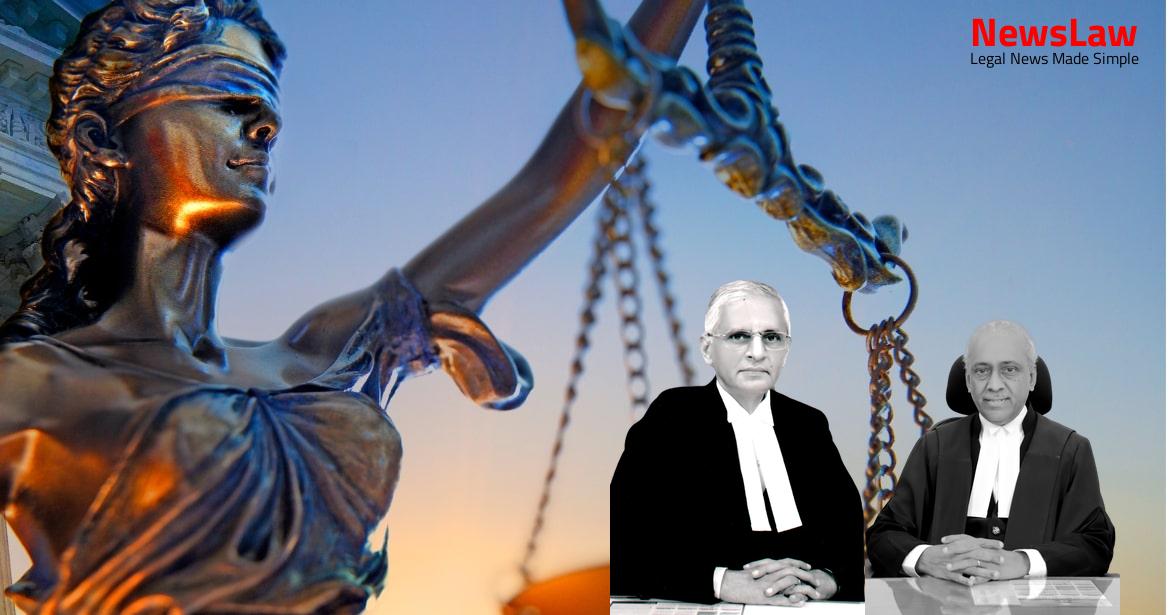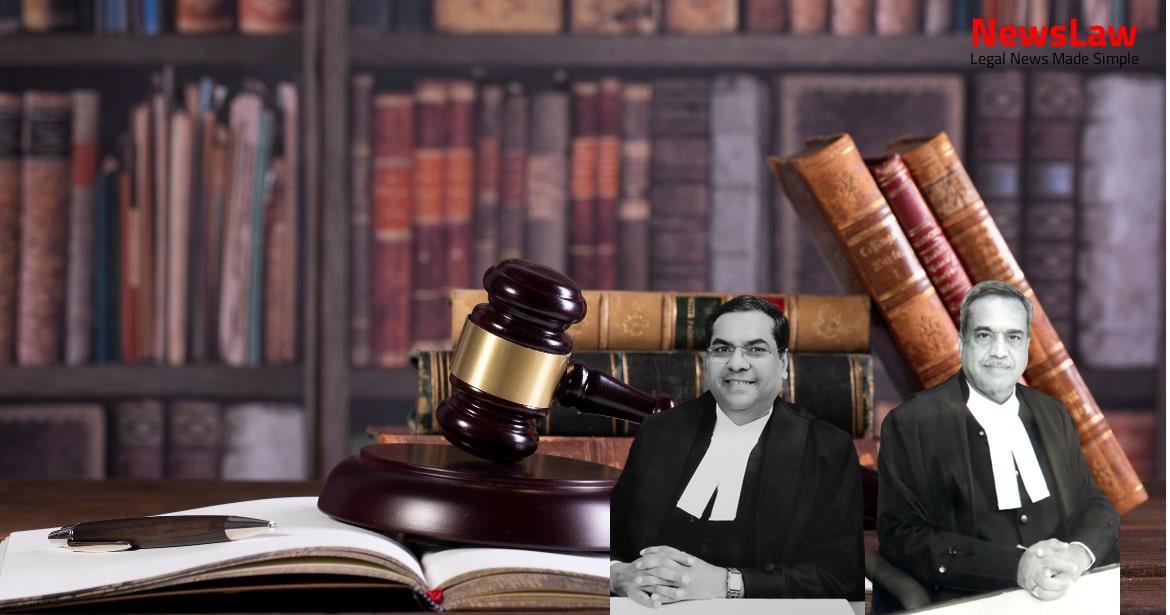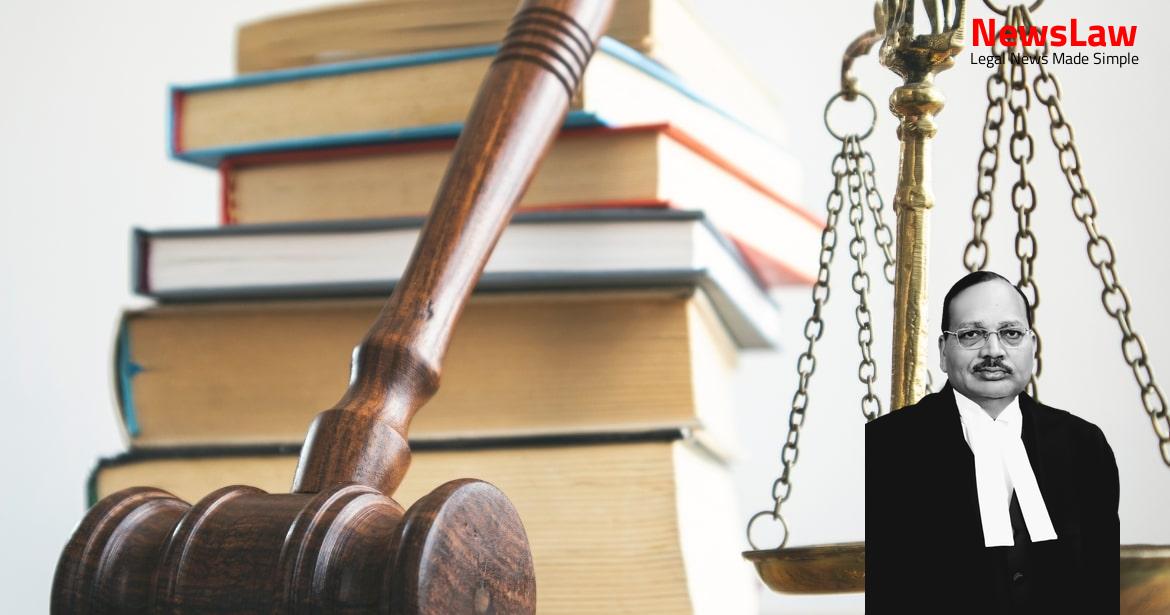This blog delves into the legal nuances surrounding a high-profile case concerning an alleged emission cheating scandal. The court’s analysis of the jurisdictional boundaries between law enforcement and environmental tribunals sheds light on complex legal issues. Stay tuned to unravel the intricate legal proceedings and key insights from the court’s thorough examination of the case.
Facts
- The petitioner filed a Special Leave Petition aggrieved by the refusal of the High Court to quash an FIR registered against them for various offences under IPC.
- The 3rd Respondent lodged a complaint alleging that the manufacturer had installed cheat devices in the vehicles sold in India, resulting in higher emissions of NO.
- The petitioner filed a Criminal Miscellaneous Writ Petition seeking quashing of the FIR against them.
- The petitioner is a Company formed by the amalgamation of Skoda Auto India Private Limited, Volkswagen India Private Limited, and Volkswagen Group Sales India Private Limited.
- The Automotive Research Association of India issued a notice to the companies for violating Central Motor Vehicles Rules by fitting vehicles with ‘defeat devices’.
- Two original applications were filed before the National Green Tribunal regarding the issue.
- The Allahabad High Court refused to quash the FIR but provided protection against arrest to the officers of the petitioner.
- The petitioner is unsatisfied and has filed an SLP primarily arguing that the issue is sub judice before the civil appeals in the NGT order.
- The second contention of the petitioner revolves around the delay in lodging the complaint by the 3rd Respondent and discrepancies in the number of vehicles purchased according to the VAHAN Portal.
- NGT recorded a prima facie finding that manufacturers had caused damage to the environment.
- Joint team was constituted for expert opinion and manufacturers were directed to deposit Rs. 100 crores with CPCB.
- Manufacturers filed appeals against preliminary finding and interim direction by NGT.
- Expert Team submitted a report during the pendency of appeals.
- Manufacturers granted liberty to file objections to the Expert Team’s report.
- Tribunal to consider objections and pass orders.
- Coercive steps against Volkswagen India Private Limited were stayed by the Court.
- NGT allowed manufacturers to file objections and disposed of the applications on 07.03.2019.
- Civil Appeals were taken up and notice issued on 06.05.2019.
- Findings and directions by NGT included the use of cheat devices, high NO emissions, liability to pay damages of Rs. 500 crores, and consideration of prosecution by CPCB.
- Challenges to NGT’s order led to the filing of two Civil Appeals in C.A.Nos. 4069 and 4086 of 2019.
Also Read: Authority of University Syndicate in Affiliation Matters
Arguments
- Section 110(1) of the Motor Vehicles Act, 1988 allows the Central Government to make rules regarding the construction, equipment, and maintenance of motor vehicles, including emissions.
- The complaint lodged by the Respondent with the Police mirrored the contentions before the National Green Tribunal (NGT), with the essence of the police complaint being the subject matter of the court proceedings.
- The contention that police cannot investigate the same allegations involved in ongoing court proceedings was disagreed with by the court, indicating that the police can proceed with their investigation based on the specific jurisdiction granted to them.
Also Read: Analysis of Election Petition Dismissal
Analysis
- The issue at hand involves the pendency of Civil Appeals and an interim order passed by the Court in relation to the NGT’s directions.
- The NGT ordered manufacturers to deposit compensation due to the ‘diesel-gate scandal’ in the European Union and U.S.A.
- The NGT’s order does not hinder individual vehicle purchasers from lodging complaints about potential deceitful practices.
- Certain provisions of the Central Motor Vehicles Rules, such as Rules 115, 116, and 126, are relevant to the case.
- The complaint investigation involves potential use of ‘defeat devices’ in vehicles sold by manufacturers and the representations made to consumers.
- The delay in lodging a complaint and discrepancies in the number of vehicles purchased by the complainant are factual matters for investigation.
- The complaint is based on allegations of misrepresentation and installation of ‘cheat devices’ in vehicles sold by manufacturers.
- The European Union’s previous actions against emissions manipulation by car manufacturers are referenced in the analysis.
- The NGT’s proceedings were focused on broader environmental damage issues, not individual grievances of vehicle purchasers.
- The High Court has provided protection against arrest until the investigative report is filed under section 173(2) of the Code of Criminal Procedure.
- Perusal of the first information report should disclose an offence broadly for law courts to be barred from usurping police jurisdiction.
- Quashing of a complaint should be exceptional and rare, not an ordinary rule.
- The caution against scuttling criminal proceedings at the initial stage was reiterated in S.M. Datta vs State of Gujarat.
- The power to quash should be used sparingly and with circumspection, reserved for the rarest of rare cases as stated in State of Haryana vs Bhajan Lal.
Also Read: Legal Analysis on Withdrawal from Land Acquisition
Decision
- The special leave petition has been dismissed.
Case Title: SKODA AUTO VOLKSWAGEN INDIA PRIVATE LIMITED Vs. THE STATE OF UTTAR PRADESH (2020 INSC 661)
Case Number: SLP(Crl) No.-004931 / 2020



